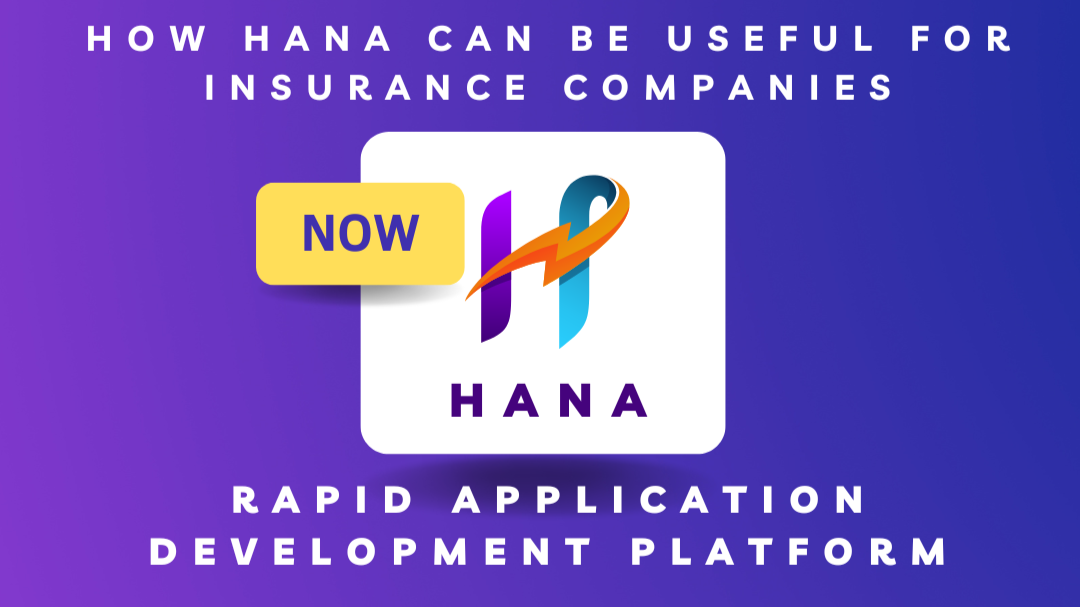- by admin
- April 23, 2025
How HANA Can Be Useful for Insurance Companies

HANA can significantly benefit insurance companies by providing a robust platform to enhance their operations, improve efficiency, and drive digital transformation. Here’s how HANA can specifically help an insurance company:
1. Custom Applications for Underwriting and Claims Management
– Insurance companies can use HANA to develop custom applications tailored to their underwriting and claims processes without extensive coding. This can include:
– Risk assessment tools
– Claims processing applications
– Policy management systems
2. Real-Time Data and Reporting
– HANA enables insurers to create real-time dashboards and reports using JSON, providing insights into claims trends, customer behavior, and overall operational efficiency. This allows for faster, data-driven decision-making.
3. Fraud Detection and Prevention
– By leveraging HANA’s advanced analytics capabilities, insurance companies can analyze claims data to identify patterns and anomalies indicative of fraud, thereby reducing financial losses and protecting company integrity.
4. Customer Engagement and Personalization
– HANA facilitates the development of mobile and web applications that enable insurers to engage customers effectively. Personalized communication and service offerings can be deployed based on real-time data insights, enhancing customer satisfaction.
5. Integration with Existing Systems
– HANA can seamlessly integrate with existing systems (such as CRM and ERP) within an insurance company to ensure smooth data flow and operational coherence across departments, minimizing data silos.
6. Risk Assessment and Predictive Analytics
– Applications built on HANA can help assess risks more accurately by analyzing historical data and market trends. Predictive analytics can identify high-risk customers, enabling targeted interventions.
7. Compliance and Reporting Automation
– Insurance companies must adhere to various regulations. HANA can help automate compliance tracking, manage documentation, and streamline reporting for regulatory audits, ensuring adherence to industry standards.
8. Operational Efficiency
– By monitoring key performance indicators (KPIs) across departments using HANA, insurance companies can identify inefficiencies and improve overall productivity, leading to better service delivery.
9. Cost Optimization
– HANA enables insurers to build custom solutions that precisely meet their operational needs without significant investment in expensive off-the-shelf software, ultimately leading to cost savings.
By integrating HANA into their operations, insurance companies can enhance their service offerings, improve risk management, and drive greater efficiency across their processes.
